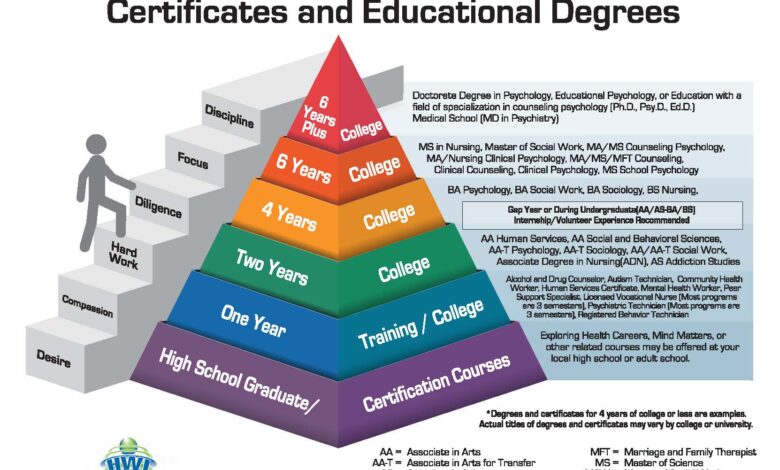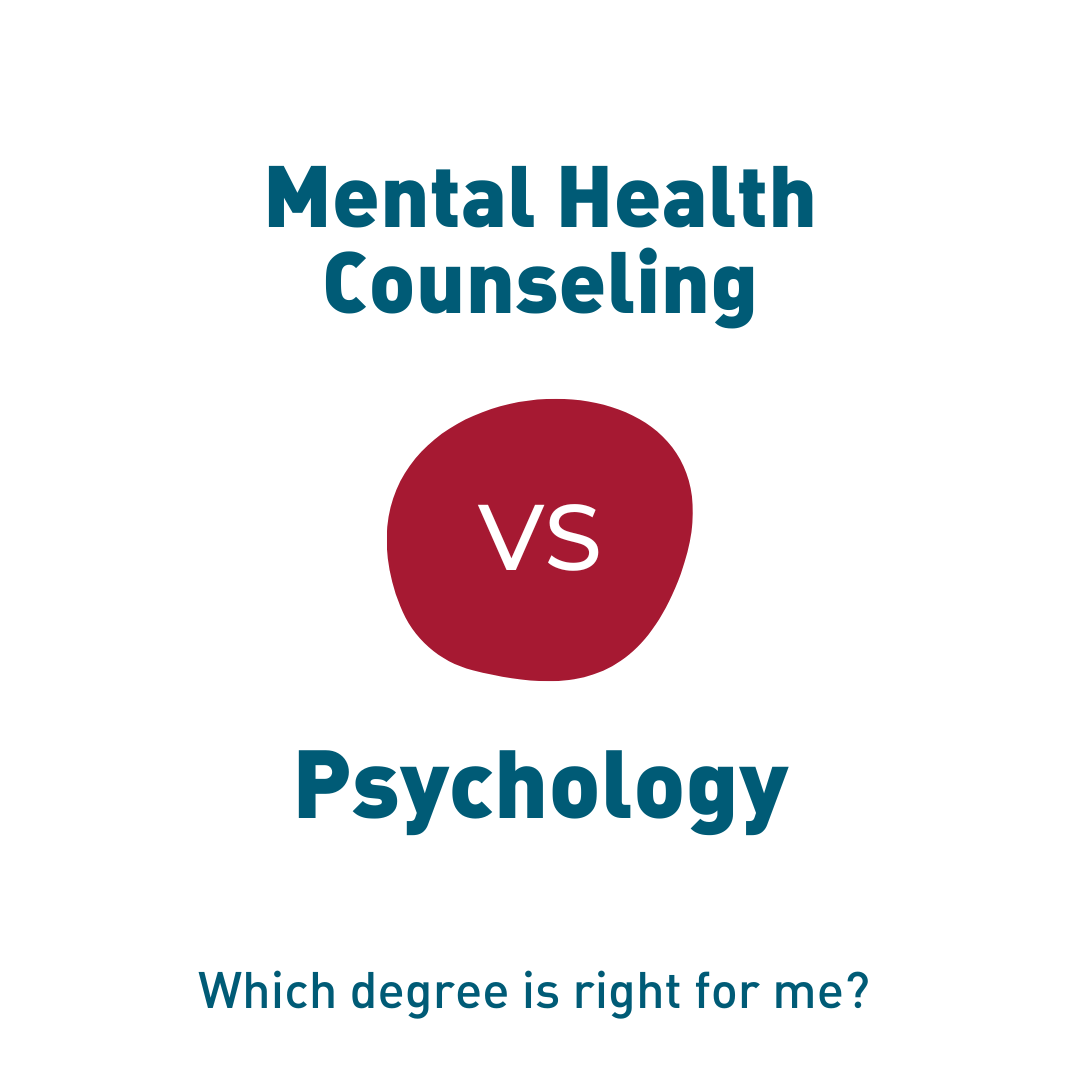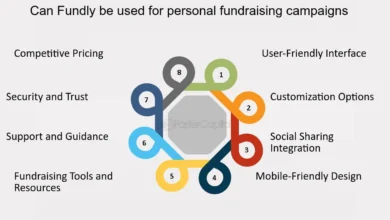Mental Health Degrees: Exploring Your Path to a Meaningful Career

Mental health degrees are increasingly sought after in today’s society, as the importance of emotional well-being becomes more widely recognized. If you’re considering entering this field, you’re not just opening doors to a rewarding career—you’re taking the first step toward making a real difference in the lives of others. Whether your passion lies in counseling, psychology, or social work, there are plenty of degree options that allow you to align your education with your goals.
This guide will walk you through everything you need about mental health degrees, from available programs to career opportunities. With mental health professionals in high demand, it’s a great time to dive into this field. Let’s explore the possibilities!
What Are Mental Health Degrees?

Mental health degrees are specialized programs that equip students with the skills, knowledge, and practical experience required to work with individuals, families, and communities facing mental health challenges. These degrees cover various topics, including human behavior, psychology, counseling techniques, social work principles, and crisis intervention strategies.
Whether at the undergraduate or graduate level, mental health degrees emphasize both theory and hands-on experience, ensuring that students develop empathy, problem-solving abilities, and professional ethics.
Types of Mental Health Degrees
Depending on your interests and career aspirations, there are several mental health degrees to consider:
- Psychology
- Focuses on human behavior, emotions, and mental processes.
- Prepares students for roles such as mental health counselors or clinical psychologists.
- Counseling
- Trains students to support individuals dealing with emotional distress or trauma.
- Graduates often work as therapists, counselors, or school guidance counselors.
- Social Work
- Emphasizes community-based interventions and advocacy for vulnerable populations.
- Graduates may work as mental health social workers or case managers.
- Psychiatric Nursing
- Specializes in mental health care within the nursing profession.
- Prepares nurses to treat patients with psychiatric disorders.
- Marriage and Family Therapy (MFT)
- Focuses on relationship dynamics within families and couples.
- Graduates often provide therapy to families or couples facing difficulties.
Comparing Mental Health Degrees
Degree ProgramTypical DurationCareer OpportunitiesAverage Salary (per year)
Psychology (Bachelor’s) 4 years Mental Health Technician, Researcher $40,000 – $50,000
Counseling (Master’s) 2-3 years Therapist, Career Counselor $50,000 – $70,000
Social Work (Master’s) 2 years Clinical Social Worker, Case Manager $55,000 – $65,000
Psychiatric Nursing (BSN/MSN) 4-6 years Psychiatric Nurse Practitioner $90,000 – $120,000
Marriage and Family Therapy 2-3 years Family Therapist, Relationship Counselor $50,000 – $80,000
Why Pursue a Mental Health Degree?
A degree in mental health offers several personal and professional benefits:
- Making a Difference: You’ll be part of a community of professionals dedicated to improving people’s lives.
- High Demand: Mental health professionals are needed in various sectors, from hospitals to schools.
- Career Growth: Many positions offer opportunities for specialization, licensure, and career advancement.
- Personal Fulfillment: Working in mental health can be deeply rewarding, as you help individuals overcome challenges.
Skills You’ll Develop with Mental Health Degrees
Mental health degrees not only provide academic knowledge but also nurture essential soft skills needed for the job:
- Empathy and Compassion: The ability to understand and connect with others’ experiences.
- Communication Skills: Learning how to listen actively and express ideas clearly.
- Critical Thinking: Analyzing complex situations to develop effective treatment plans.
- Problem-Solving Abilities: Handling crises and unexpected situations calmly.
- Cultural Awareness: Working with diverse communities and respecting their unique needs.
Careers You Can Pursue with Mental Health Degrees
Graduates with mental health degrees can explore a variety of roles across different settings, including:
- Mental Health Counselor: Provides therapy and support to individuals with emotional or behavioral issues.
- School Counselor: Helps students with academic, emotional, and social challenges.
- Clinical Social Worker: Assists individuals and families in accessing community resources and mental health services.
- Psychiatric Nurse Practitioner: Delivers psychiatric care, including medication management.
- Substance Abuse Counselor: Works with individuals recovering from addiction.
Challenges in the Mental Health Field
While a career in mental health is fulfilling, it also comes with challenges:
- Emotional Burnout: Managing emotional stress is crucial for professionals in this field.
- High Responsibility: Mental health professionals often deal with sensitive situations requiring quick and ethical decision-making.
- Continuing Education: Many roles require ongoing learning and licensure renewals to stay updated.
Tips for Success in Mental Health Degrees
If you’ve decided to pursue one of the mental health degrees, here are a few tips to keep in mind:
- Find a Mentor: Learning from someone experienced can provide valuable insights.
- Get Hands-On Experience: Look for internships or volunteer opportunities to gain practical skills.
- Focus on Self-Care: Prioritize your mental health to prevent burnout.
- Network: Connect with professionals in the field to learn about job opportunities and industry trends.
Financial Aid and Scholarships for Mental Health Degrees
Paying for your education doesn’t have to be a burden. Many schools offer scholarships and financial aid for students pursuing mental health degrees. Here are a few sources to consider:
- Federal Student Aid: Apply for grants and loans through FAFSA.
- Institutional Scholarships: Many universities offer merit-based scholarships.
- Professional Organizations: Groups like the American Counseling Association (ACA) provide financial assistance.
- Work-Study Programs: Some schools offer part-time work opportunities on campus.
Final Thoughts on Mental Health Degrees
Pursuing a mental health degree is more than just a career choice—it’s a commitment to helping others navigate life’s challenges. Whether you aim to become a counselor, psychologist, or social worker, there are plenty of rewarding paths within this field. As the conversation around mental health continues to grow, so does the need for passionate, well-trained professionals.
So, if you’re ready to make a meaningful impact, now is the perfect time to explore mental health degrees. These programs not only open doors to fulfilling careers but also offer personal growth, resilience, and the opportunity to be part of a larger movement toward mental well-being.
With the right education and determination, you can become a trusted mental health professional, helping others thrive in today’s world.





